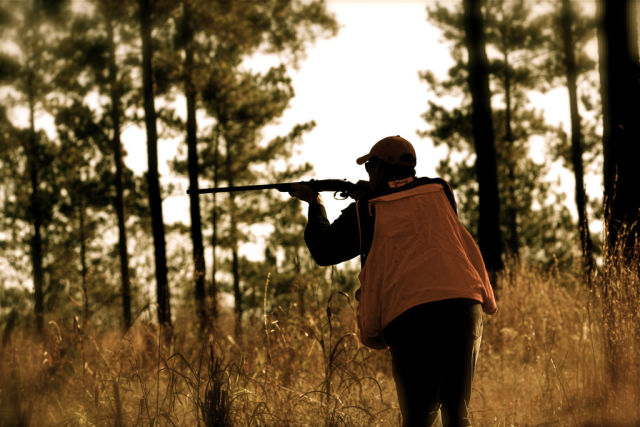-
Tips for becoming a good boxer - November 6, 2020
-
7 expert tips for making your hens night a memorable one - November 6, 2020
-
5 reasons to host your Christmas party on a cruise boat - November 6, 2020
-
What to do when you’re charged with a crime - November 6, 2020
-
Should you get one or multiple dogs? Here’s all you need to know - November 3, 2020
-
A Guide: How to Build Your Very Own Magic Mirror - February 14, 2019
-
Our Top Inspirational Baseball Stars - November 24, 2018
-
Five Tech Tools That Will Help You Turn Your Blog into a Business - November 24, 2018
-
How to Indulge on Vacation without Expanding Your Waist - November 9, 2018
-
5 Strategies for Businesses to Appeal to Today’s Increasingly Mobile-Crazed Customers - November 9, 2018
Humans are Unique Super Predators says Study
How and why humans evolved to become super predators is due to at least four factors: technological innovations that overcome most prey defenses, use of fossil fuels that keep us energized, killing on a large scale and not just for personal sustenance and our ever-growing population. “In other words, just because something is “natural” does not mean it’s justified”.
Advertisement
There’s a “super predator” roaming the Earth, causing wildlife extinctions, impacting animal populations and disrupting food chains – and all you need to see this predator is a mirror, researchers say.
Darimont explained that most predator populations decline if their prey declines.
Darimont himself hunts deer and fishes for salmon, but in both cases he prefers young prey because they taste better. In his opinion, humans’ deeds should be all the more condemned given that they have the ability to change their hunting habits, but they choose not to do so.
While we might think we are in danger of being attacked by bigger species, surveys show humans are the most ferocious predators. Further, our kill rate of large land carnivores such as bears, wolves and lions is nine times the rate that these predatory animals kill each other in the wild.
“In B.C., there is good evidence with grizzly bears for example that the populations can not withstand the extra mortality of trophy hunting”, said Darimont. The consequences that scientists have enumerated refer to the shrinking number of fish and large land species, as well as the appearance of smaller-sized species that could escape the hunting techniques of humans. The fishing birds pick off the younger ones in their prey because they are easier to catch and eat, compared to the larger ones, who could also kill them in the right situations.
Taking adult prey in safety at minimal cost to gain maximum, short-term reward is ultimately unsustainable, the researchers warn.
“The predators were consuming primarily the reproductive interest rather than the reproductive capital”, Reimchen said at a media teleconference organized by Science. If they are killed, it would take the same amount of years to replace them.
The loss of these fearsome carnivores is also deeply worrisome to ecologists because top predators play a major role in keeping their ecosystems in balance.
“Catching predominantly small, juvenile fish is actually the fishing pattern that I have observed in many small-scale African fisheries over the past 30 years, and they are highly productive and sustainable”, Kolding told Washington Post.
But while the predatory behaviour benefited society in the short term – sustaining livelihoods and allowing the expansion of industry and empires – the effects are “now felt increasingly by humanity”, Darimont said.
Changing the practices of some fisheries may help to bring declining populations back from the brink.
Advertisement
And it’s important to note that Darimont and his team don’t advocate turning all of our attention to baby fish. So even if we didn’t have the efficient hunting technology, we’d still have problems with sustainability.




























